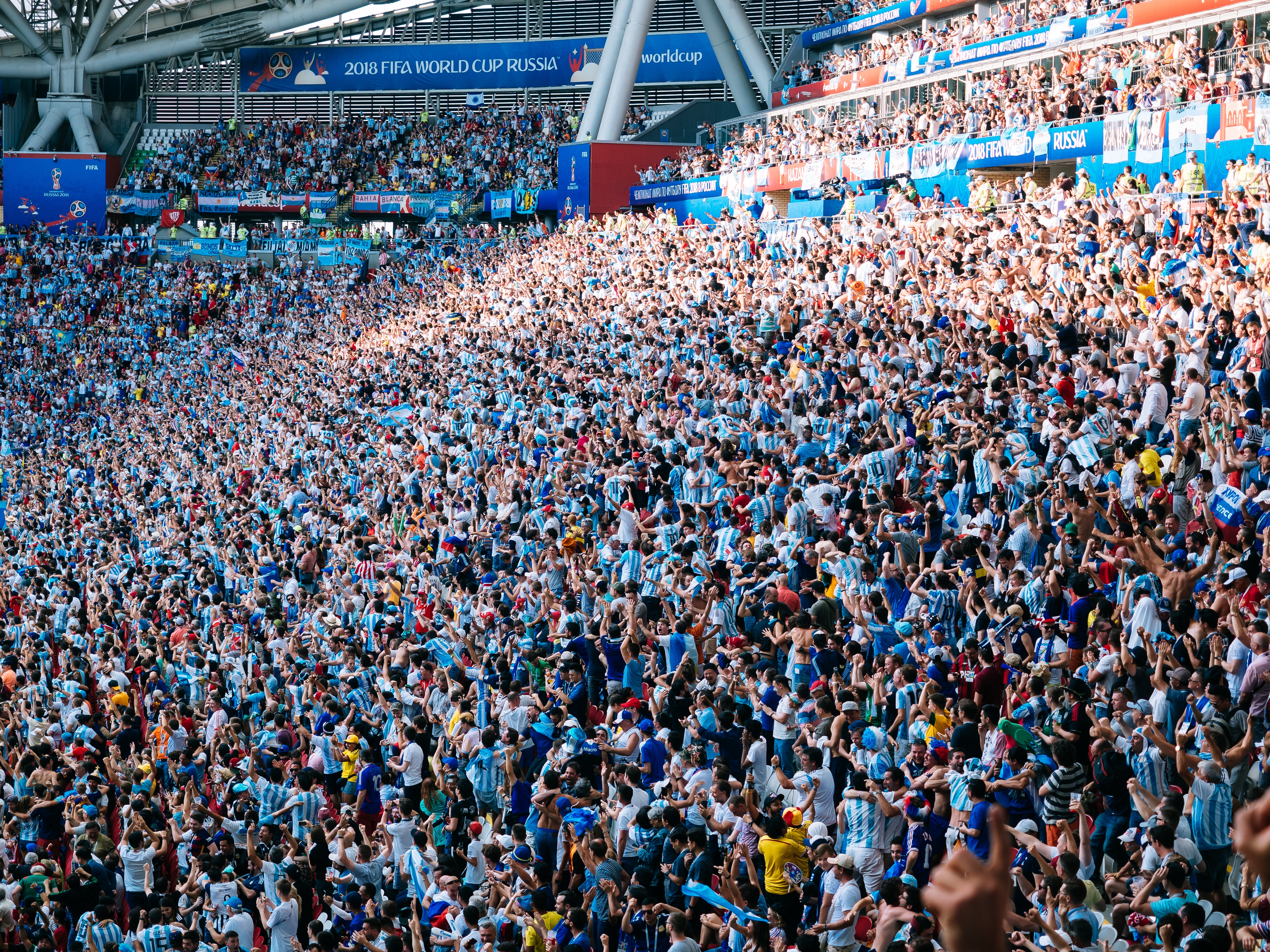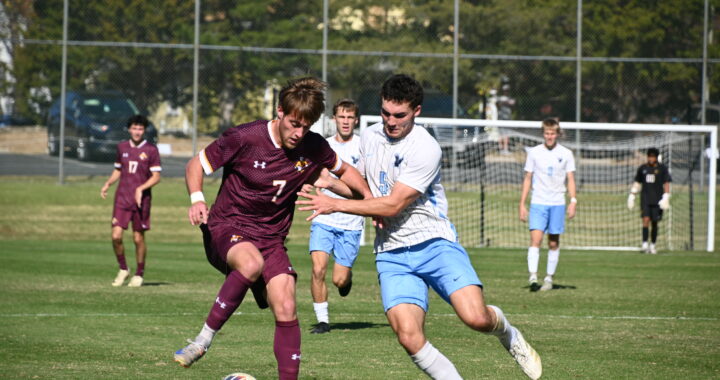Spectator attendance at varsity games increases
4 min read
tom-grimbert-723396-unsplash
By GEMMA SPICKA-PROFFIT
Senior Writer
Clint Often, the assistant athletic director for communications and marketing, believes that the “attendance [at varsity sporting events] this year has been terrific.” One aspect of his job title is sports information director, which includes keeping attendance statistics for every game, as required by the NCAA. These statistics allow him to see how popular different sports are and how successful various methods of drawing an audience are.
There are several factors that cause the attendance at varsity games to be lower than it could be. One factor that lowers attendance at games is a lack of interest from the student body.
“Athletically inclined people are more apt to go to an athletic event,” said Often. “Fifteen percent of our student body is either a team, [such as rugby or rowing,] or varsity athlete.”
According to the NCAA Recruiting Fact Sheet, an average of 26% of the student body at Division III schools participate in varsity sports. If the majority of the crowds at varsity sporting events at UMW are composed of student-athletes, then this statistic indicates that our school faces the challenge of having a smaller pool of interested attendees to draw from than average.
As for the remaining 85% of UMW students who are not varsity athletes, Often stated that “someone whose bag is music – they’re going to spend their free time listening to music,” so they will be less likely to attend a sporting event.
UMW implements several methods for reaching out and attracting the entire student body.
“We’ve done giveaways to varying success,” said Often. “We typically do three big waves [of giveaways a year] . . . We try to do something geared toward getting people to come back, like a schedule card. Then, later on, it’s a t-shirt or a cell phone pocket. Obviously, at our level, we’re not going to be able to produce 25,000 bobbleheads to give away, so the items are typically not a huge draw, but they may draw interest,” said Often.
“It’s very rare that we ever have a match where the student body population in attendance is larger than all of our families who come,” said junior Rachel Summers of the varsity tennis team. “I think that people often have a negative connotation of tennis, thinking that it’s slow and boring to watch, but it’s like any other sport. If they come out to watch a match against, say CNU, a huge school rival, they would be pleasantly surprised.”
Additionally, Summers appreciates having the crowd support because it “not only helps us, but it hurts our competition.”
“I wish more people would show up to the games. At our homecoming game, we had a huge amount of support, and it brought up our mood by a lot,” said Hunter Fleeman, a senior on the men’s rugby team who had a similar view to Summers. The result of this mood boost was exemplified by the team’s 94-0 win over Towson University. “It gives us more of a reason to show out and gives us a feeling of having something more to play for. Having more support at games would be great.”
Another challenge teams face is scheduling conflicts. Most of the competitions across all sports are held on Wednesdays and Saturdays.
“Many of the student-athletes on the other teams are either competing themselves or they’re practicing,” said Often, meaning they are not able to attend the games.
The scheduling conflicts extend further than the typical weekly activities. For example, basketball is “going to have two home games over [winter] break against Salisbury and CNU, which would be very well populated by students if they were here,” said Often.
In order to draw more attendees to the game, UMW has invited Stafford and Spotsylvania county schools and Fredericksburg city schools to individual games to make the night focused on them. This will increase attendance, and it will foster a positive community atmosphere between the local schools and the university.
Often played baseball at a Division II school where the games were held far from campus and they were sparsely attended by students.
“The students didn’t come because they didn’t know about them and they didn’t care. I’m coming from a background of feeling that, and I’ve always done everything in my power to do what I could to make sure that didn’t happen to anybody else,” said Often.
UMW has several sports that are hosted far off campus, such as rowing, golf, and riding, making them challenging for students to attend. Often stated that the UMW riding team is “really good. We’re one of the few varsity riding programs in the state, and that’s a big deal. The best that we can do [to get people to attend] is give directions and make people aware of it.”
Regarding rowing, “the dedication those kids put in to get up at five in the morning to go as the sun is coming up to practice is just amazing, and they don’t even have a home show like riding.”
Dana Hall, senior associate director of athletics, stated that she “hopes that the Eagle Nation family would become involved and support all of their fellow Eagles in all events that are free to them . . . [including] musical, theatrical, debate, and athletics.”


